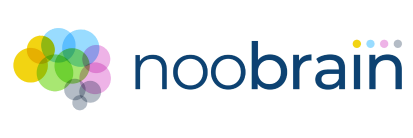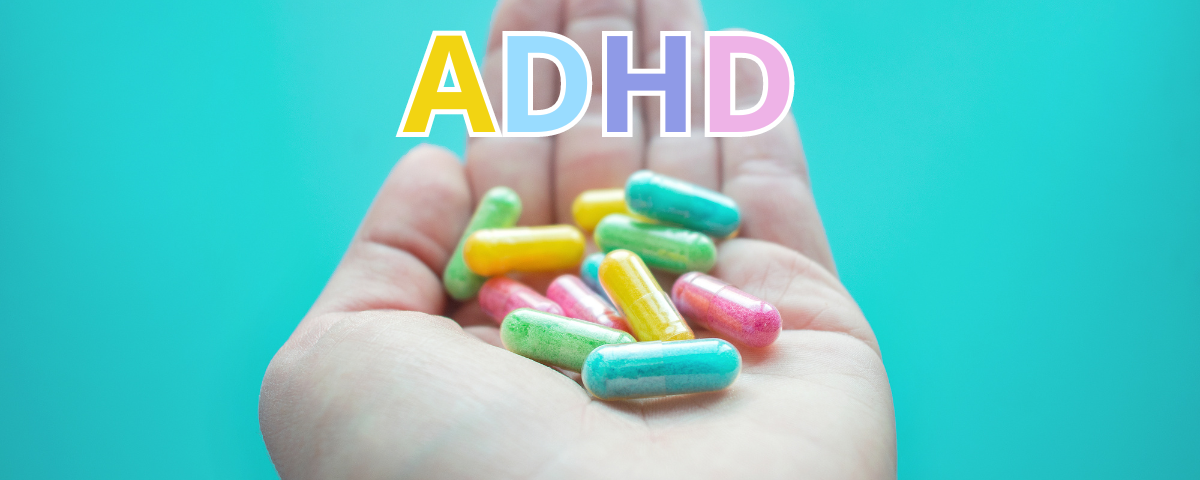Today, we will cover the matter of Nootropics, which have gained popularity as a potential alternative to traditional ADHD medications. As discussed previously, they are supplements that may enhance cognitive function, focus, and memory. Let’s learn about Nootropics for ADHD.
While research on the efficacy of nootropics for ADHD is limited, some nootropics, such as Rhodiola rosea and Bacopa Monnieri, have shown promising results.
However, it is essential to consult with a healthcare provider before taking any supplements, especially if you have a medical condition or are taking other medications.
Firstly, let’s understand what ADHD disorder is and what Nootropics are in summary.
What is ADHD
In the US, you may have heard of ADHD. This disorder impacts about 9.4% of children and 4.4% of adults.
Attention-Deficit Hyperactivity Disorder (ADHD) is a neurodevelopmental disorder characterized by inattention, hyperactivity, and impulsivity. It affects millions of people of all ages and can significantly impact daily life.
With proper management and treatment, people with ADHD can lead a fulfilling and productive life. This may include a combination of medication, therapy, and lifestyle changes to help manage symptoms such as hyperactivity, impulsivity, and difficulty with focus and organization. It is crucial to seek professional help and work with a healthcare team to develop a tailored treatment plan that meets individual needs and goals.
Moreover, support from family and peers can also play an indispensable role in managing ADHD and improving the overall quality of life.
What are Nootropics
In the previous blog post, we talked about Nootropics. These substances are believed to enhance cognitive function, including memory, attention, creativity, and motivation. They are sometimes referred to as “smart drugs” and have gained popularity recently as a potential tool for improving brain function.
Some benefits of using nootropics include improved cognitive performance, increased energy and focus, improved memory, increased creativity, and better stress management.
Risks of using nootropics include potential side effects like headaches, nausea, irritability, and insomnia.
Noobrain is a 100% natural nootropic designed with supplements to help you focus more safely and effectively. This supplement is based on the Nutratherapy method and is approved by the FDA.
What supplements are recommended for ADHD?
While medication is often the primary treatment for ADHD, some people may try supplements that are also nootropics as an alternative or complementary approach.
Some supplements studied for their potential benefits for ADHD include omega-3 fatty acids, iron, magnesium, and zinc. Let’s understand each one below:
- Ginkgo Biloba: A herbal supplement derived from the leaves of the Ginkgo Biloba tree. It is believed to have cognitive-enhancing effects that can help with focus and concentration in those with ADHD.
- Caffeine: A stimulant found in coffee, tea, and some energy drinks. It can help increase alertness and focus in those with ADHD.
- Omega-3: A type of fatty acid found in fish oil, nuts, seeds, and some plants. It may help improve cognition, reduce impulsivity, and improve ADHD symptoms.
- L-theanine: An amino acid found in green tea. It is believed to help reduce anxiety, improve cognitive functioning, and improve focus and concentration in those with ADHD.
- Magnesium and Zinc: Those minerals are found in some foods and supplements. It is believed to help reduce stress and improve sleep quality, which can help improve attention and focus in those with ADHD.
- Melatonin: A natural hormone that’s mainly produced by the pineal gland in your brain. It helps regulate sleep patterns and may help reduce insomnia. Melatonin can reduce stress levels and set you in a calm state.
- Citicoline: This nootropic, CDP-choline, has been studied for its potential benefits in treating ADHD. Research has suggested that Citicoline may help improve attention and cognitive function and reduce impulsivity and hyperactivity in people with ADHD.
Many other supplements can work as nootropics for treating ADHD disorder, so be sure to research everything you need before taking nootropics. Also, remember to talk to your doctor before any treatment.
Can children with ADHD have nootropics?
While some parents may be tempted to give their children nootropics to help with ADHD symptoms, it’s important to note that many of these substances have not been extensively studied in children and may carry risks. Besides, the child is still developing, so you need to be cautious about giving children nootropics.
It’s always best to consult with a healthcare provider before giving any supplements or medications to children.
Noobrain, for example, is not recommended for children as their organisms function differently from adults, which is the targeted public.
What is the best nootropic for ADHD and focus?
While no single “best” nootropic exists for ADHD and focus, some natural substances studied for their potential benefits include Ashawandha, L-theanine, and Bacopa Monnieri.
However, it’s critical to note that everyone’s brain chemistry is unique, and what works for one person may not work for another. With that in mind, consult your doctor and find the most suitable form of nootropic.
Disclaimer: The information provided in this article is for informational purposes only and is not intended to substitute for professional medical advice, diagnosis, or treatment.


